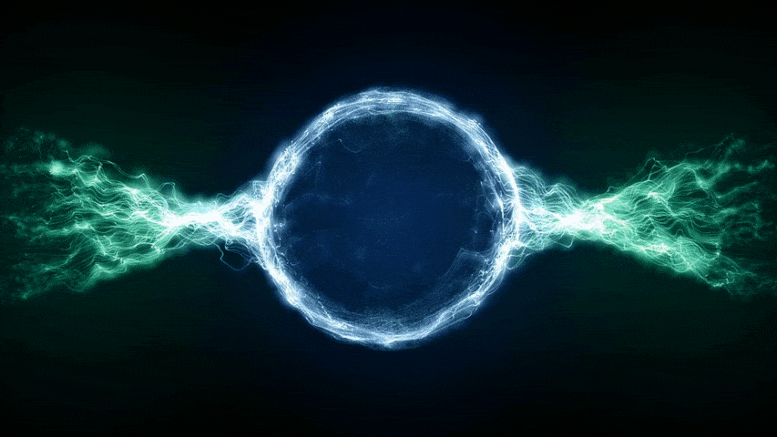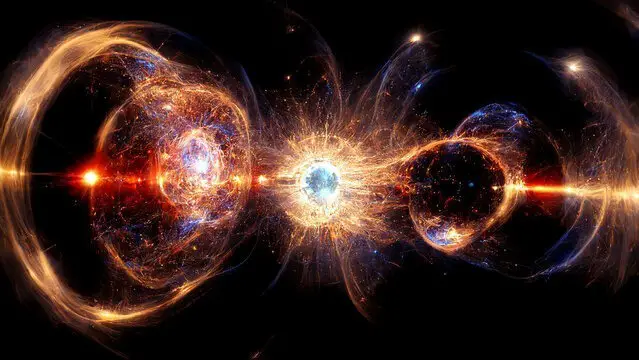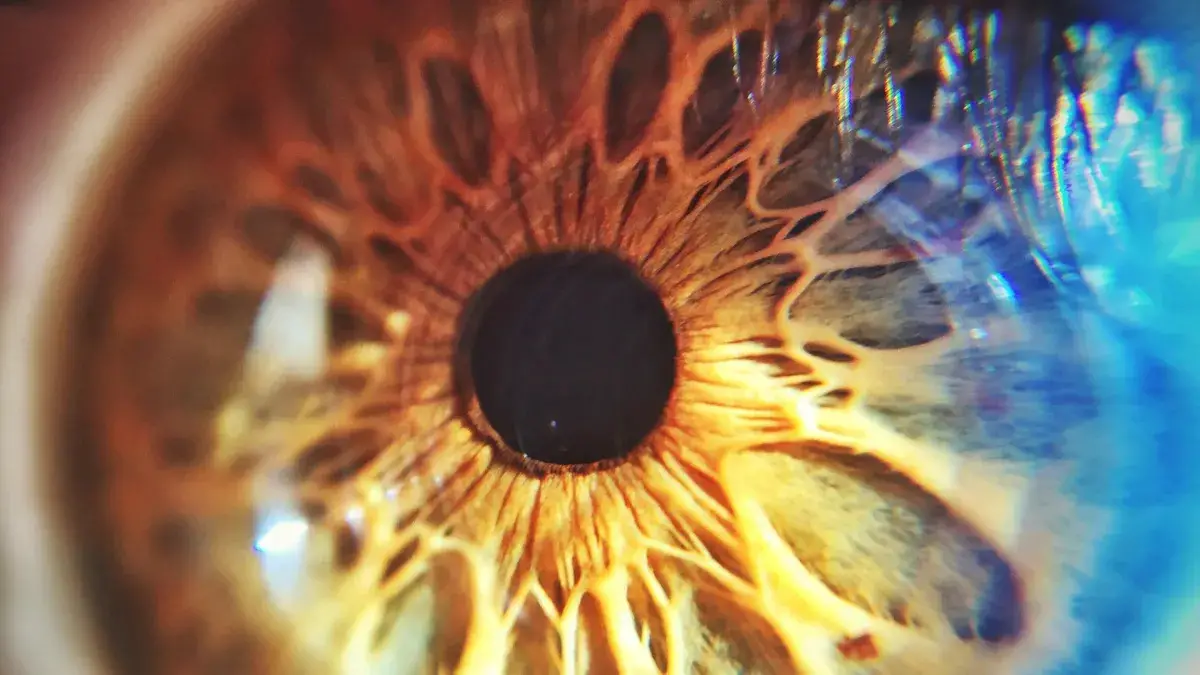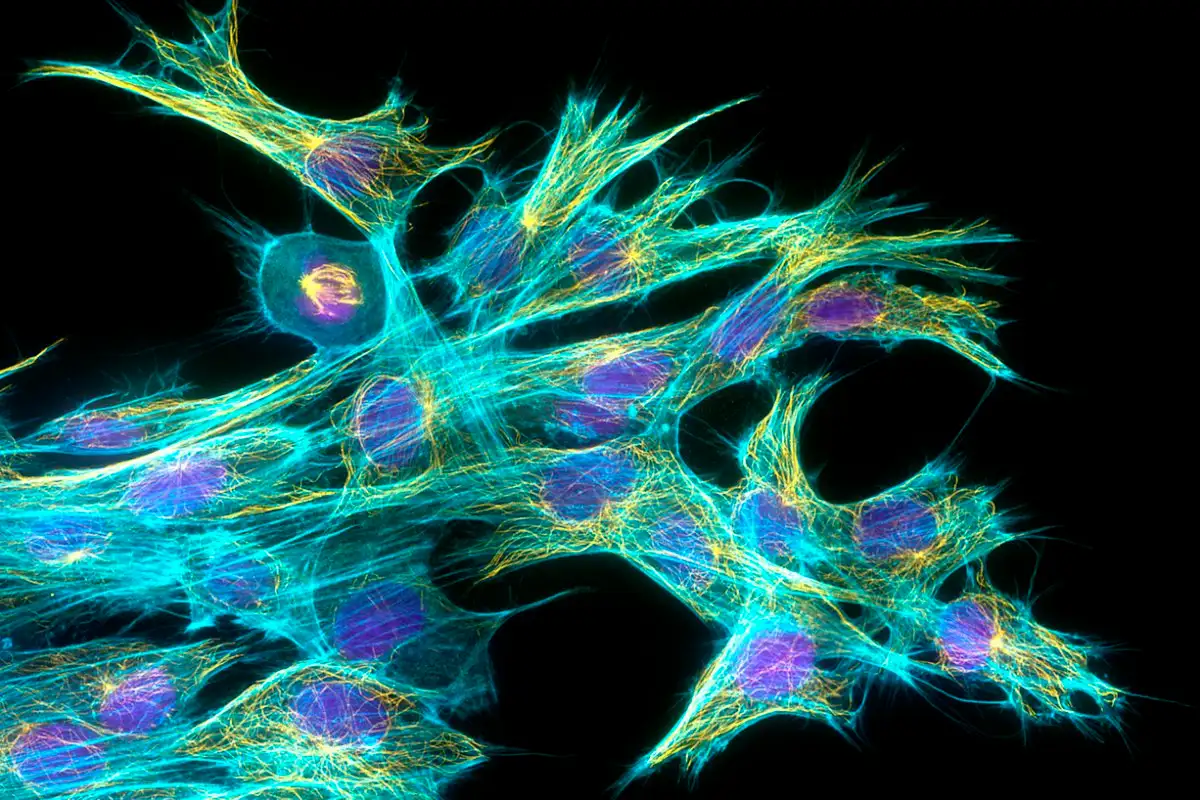A quantum experiment revealed two observers can experience different, coexisting realities.

Our understanding of reality is often shaped by biases—our senses, cultures, and knowledge influence how we see the world. But even science, often regarded as a path to objective truth, may not always offer a single, consistent version of reality. A recent experiment testing a 1961 thought experiment by Nobel Prize winner Eugen Wigner highlights this issue, showing that two versions of reality can coexist in the quantum world.
Wigner’s Friend: The Thought Experiment
Wigner’s thought experiment, known as “Wigner’s Friend,” explores a scenario in quantum mechanics where two observers can experience contradictory realities. The setup involves a quantum system, such as a photon with two possible polarizations (horizontal or vertical), that exists in a state of superposition, meaning both states exist at the same time until measured.
In this thought experiment, Wigner’s friend measures the photon in the lab, collapsing its superposition into one of the two states. However, for Wigner, who is outside the lab and unaware of the result, the entire system—including the lab and the photon—remains in superposition. This suggests that Wigner’s friend has observed one reality (the photon’s state after the measurement), while Wigner observes another reality where the photon is still in superposition. The coexistence of these two realities challenges the idea that there is a single, objective reality.
Testing the Coexistence of Realities
While Wigner’s Friend has long been a thought experiment, recent advances in quantum technology have made it possible to test this idea experimentally. Researchers constructed a quantum mechanics experiment using four entangled observers and a six-photon system. The experiment demonstrated that one observer’s measurement of the system indicated a result, while another observer’s measurement showed that the result had not yet occurred. In other words, two different realities were measured simultaneously.

The findings suggest that at the quantum level, reality may be observer-dependent. The experiment supports quantum theories that argue facts established by one observer might not hold true for another. The researchers behind the study noted that this calls into question the objective status of facts and whether they can be considered independent of observers. The paper, which is currently available on the preprint server ArXiv, has yet to be peer-reviewed.
Implications for Our Understanding of Reality
These results highlight a long-known feature of quantum mechanics: the role of the observer. Relativity has already shown that different observers may experience events at different times. In quantum mechanics, the observer is even more crucial, as they can influence the outcome of experiments. Now, it seems that two different versions of reality can both exist simultaneously at the quantum level.
While science remains our most reliable tool for understanding reality, this experiment suggests that the nature of reality may be more complex and dependent on the observer than previously thought. As quantum physics continues to push the boundaries of what we know, our understanding of the world may need to be reconsidered.




Bolsters the “Many Worlds” theory, no?
I’ll continue to try to choose which future I want to live in, although Sapolsky says that is not even possible.
Hypothetically, every decision we make is a forward reflection of multiple realities (outcomes) between which we make a choice. The choice becomes the reality (an altered form of the reflection) and the other option(s) cease to exist. For now. We’re all constantly in a hyperposition until confirmed reality. Every action is unreal before it happens after a choice is made (sub) conciously.
I like to think of religion as constant unchecked superposition. You can think there’s a higher power in play, but it never becomes reality.
There never needs to be more than one dot!
Touch to Unlock Very well presented. Every quote was awesome and thanks for sharing the content. Keep sharing and keep motivating others.
Fran Candelera I am truly thankful to the owner of this web site who has shared this fantastic piece of writing at at this place.